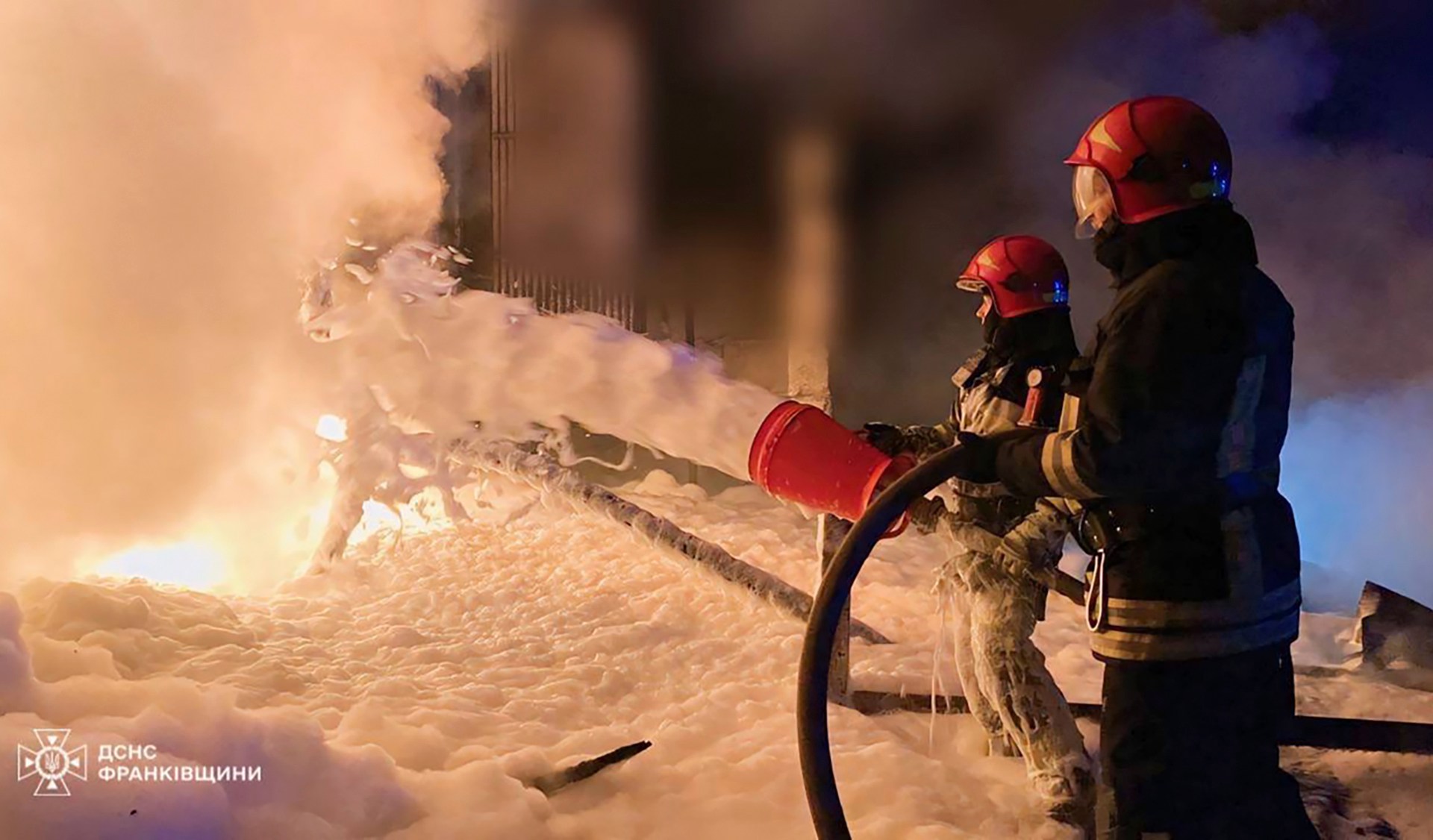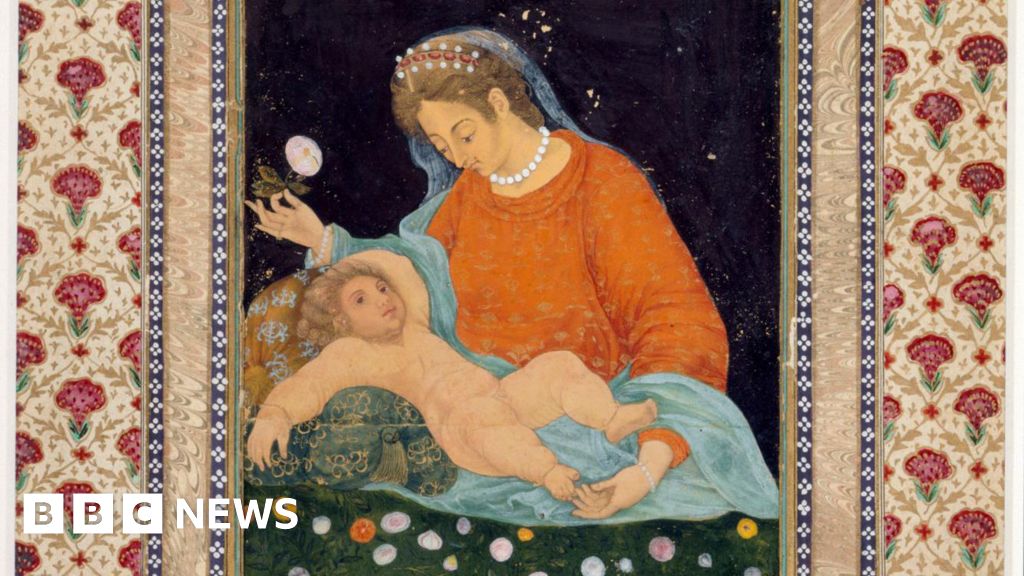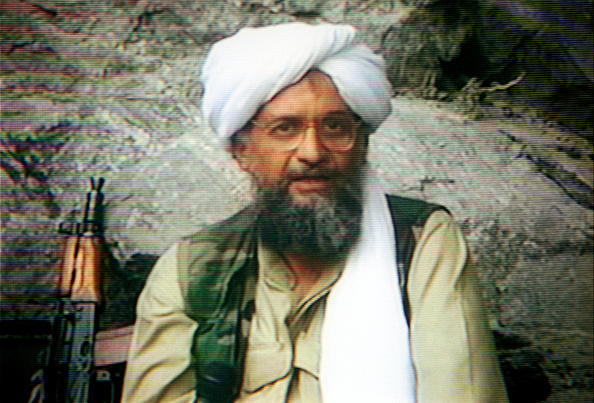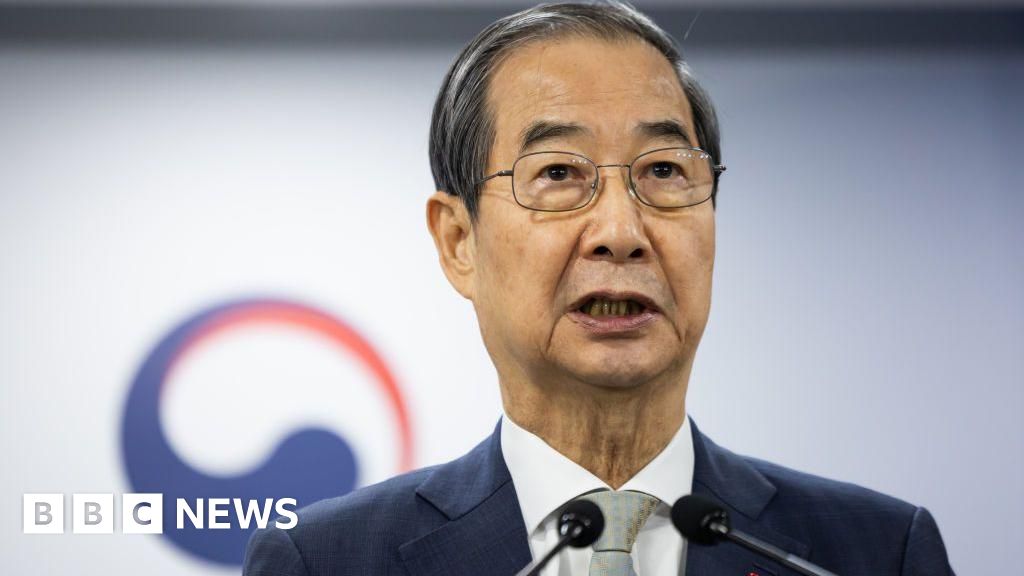Middle East on ‘verge of the abyss’ UN warns, as Israel-Hamas conflict deepens Gaza crisis — Global Issues
The UN chief’s appeal comes as clean water and other vital supplies are dwindling inside Gaza in the wake of Israel’s blockade.
UN and other humanitarian agencies have worked round the clock to preposition aid since the latest conflict between Israel and Hamas broke out following the militant group’s 7 October attack on several locations inside Israel and Israel’s subsequent declaration of war.
Thousands have reportedly been killed on both sides and hundreds of thousands have been forced to flee as the situation in the Gaza Strip rapidly deteriorated after Israel warned of an imminent offensive.
“In this dramatic moment, as we are on the verge of the abyss in the Middle East, it is my duty as Secretary-General of the United Nations to make two strong humanitarian appeals,” said António Guterres in a statement.
His appeal to Hamas is to immediately release the hostages without conditions. And Israel should grant rapid and unimpeded access for humanitarian aid for the civilians in Gaza.
“Our selfless staff on the ground, along with NGO partners, need to be able to bring these supplies into and throughout Gaza safely,” said Mr. Guterres.
These objectives should not become bargaining chips and must be implemented, appealed the UN Secretary-General, adding that it is “the right thing to do”.
‘Gaza is being strangled’
Similar pleas came earlier on Sunday from UNRWA Commissioner-General Philippe Lazzarini.
Speaking to journalists in East Jerusalem, the head of the UN agency dealing with Palestinian refugees, warned that his colleagues in Gaza were no longer able to provide humanitarian assistance.
“UNRWA operations are the largest United Nations footprint in the Gaza Strip, and we are on the verge of collapse,” he said, explaining that “not one drop of water, not one grain of wheat, not a litre of fuel” had been allowed into the Gaza Strip for the last eight days.
And soon, he added, there would be no food or medicine. Thousands of people have been killed, including children and women. Gaza is now even running out of body bags, the UNRWA chief lamented.
“In fact, Gaza is being strangled and it seems that the world right now has lost its humanity,” he stressed.
At least one million people were forced to flee their homes in one week alone, and “a river of people continues to flow south”.
‘Nothing less than collective punishment’
At least 400,000 displaced are now in UNRWA schools and buildings, most of which are not equipped as emergency shelters. Most of the 13,000 UNRWA staff in the Gaza Strip are now displaced.
© WFP/Ali Jadallah
Children from families sheltering at an UNRWA school in Gaza eat bread distributed by the World Food Programme (WFP).
“We, as UNRWA, have already lost 14 staff members. They were teachers, engineers, guards and psychologists, an engineer and a gynaecologist,” said Mr. Lazzarini.
To sustain operations following the Israeli ultimatum, the UNRWA team in Gaza relocated to Rafah, working now in the same building that houses thousands of desperate displaced people who are likewise rationing their food and water.
Sanitary conditions are appalling, Mr. Lazzarini continued. “Old people, children, pregnant women, people with disabilities are just being deprived of their basic human dignity, and this is a total disgrace!”
“The siege in Gaza, the way it is imposed, is nothing less than collective punishment,” he stressed, demanding immediate safe passage of essential supplies such as fuel, water, food and medicine.
Tensions along the Blue Line
The conflict is now threatening to spill over into the wider region.
UNIFIL, the UN Interim Force in Lebanon, stated that intense exchanges of fire in several areas along the Blue Line between Lebanese territory and Israel were observed during Sunday. There have been impacts on both sides of the unofficial border which separates the two countries.
“Our headquarters in Naqoura was hit with a rocket and we are working to verify from where,” the UNIFIL statement reads. The operation’s peacekeepers were not in shelters at the time, but none were injured.
Actively engaging with authorities on both sides of the Blue Line to de-escalate the situation, UNIFIL urges all the parties involved to cease fire and allow peacekeepers to help find solutions.
“No one wants to see more people hurt or killed,” underscored the statement, expressing regret that the military escalation continues.
WHO scales up response capacity
The increased tensions on the border between Israel and south Lebanon prompted the World Health Organization (WHO) to increase its capacity to provide immediate access to lifesaving medical care to civilians there.
Two shipments arrived in Beirut today from WHO’s logistics hub in Dubai. They include enough surgical and trauma medicines and supplies to meet the needs of 800 to 1000 injured patients.
In a statement, the UN agency explained that Lebanon’s health system has been crippled because of an ongoing economic crisis, the Beirut port blast of 2020, and the additional burden of the Syrian refugee crisis.
The Lebanese Ministry of Health is in the process of identifying the referral hospitals that will receive the vital supplies from WHO.
Check out our Latest News and Follow us at Facebook
Original Source






